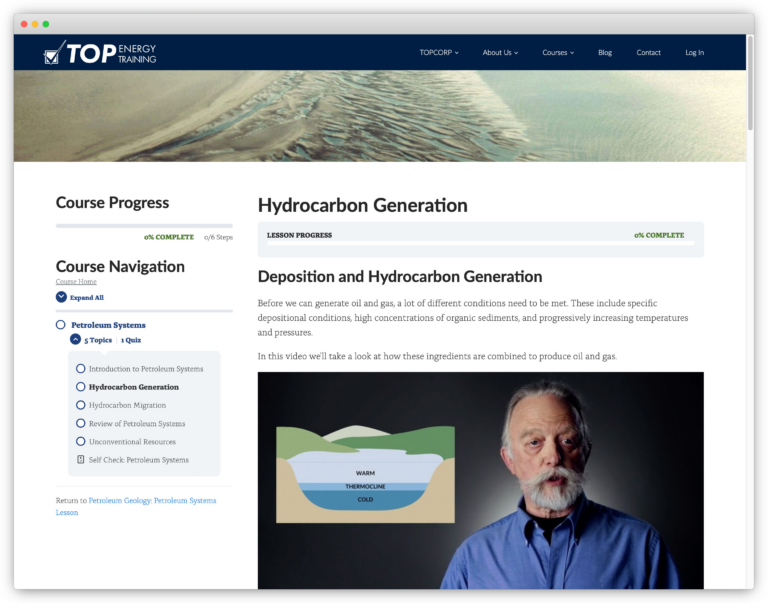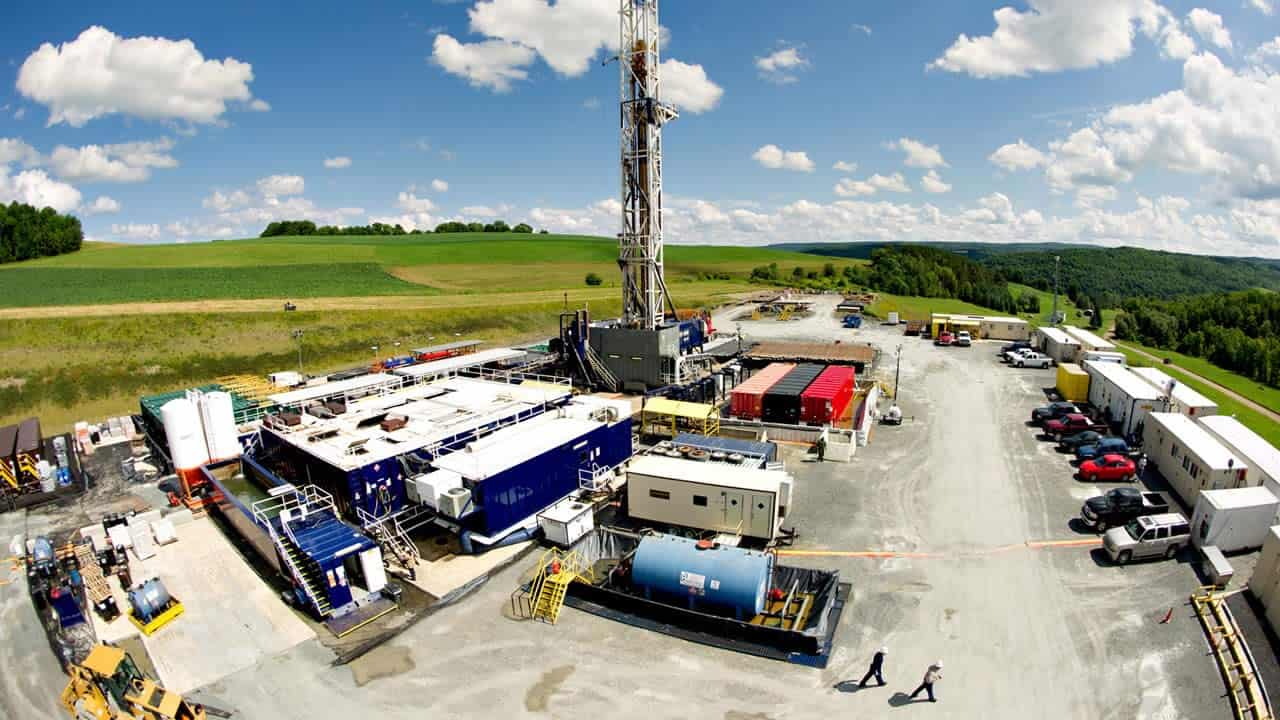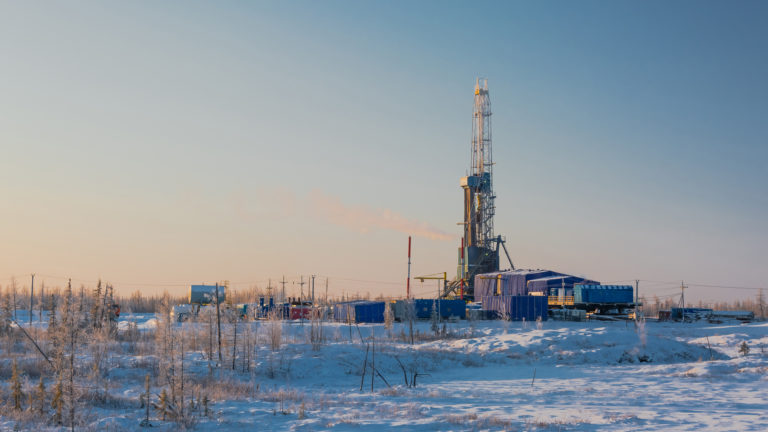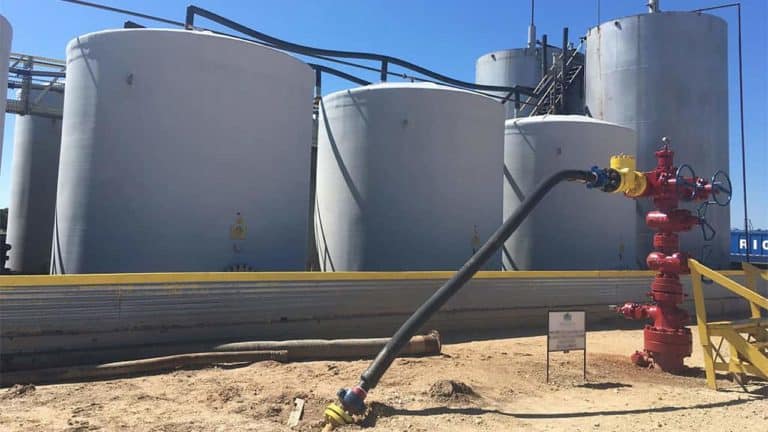Represent and advise your energy clients with confidence

Oil and gas industry clients have specific needs and considerations, and acquiring subject matter knowledge can better prepare attorneys and staff to provide more informed counsel.
TOP Energy Training courses and lessons seek to provide legal professionals with a better understanding of geology, drilling and production technology, emerging technical issues, and environmental advancements.
Approachable curricula for non-technical learners
The oil and gas industry is complex. TOP Energy Training courses and lessons cut through the technical jargon and break down subject matter into concepts that are easier for non-technical professionals to consume quickly, and provide it in a flexible online format to meet the unique time pressures of the legal industry.
Relying on outside technical advisors to provide attorneys and legal staff with the technical information isn’t always realistic. Instead, internal legal professionals with education in the oil and gas industry can help bridge the knowledge gap between oil and gas representatives to provide better guidance and service to your clients.

Objective information and curricula about the oil and gas industry

Online lessons and courses were designed by university instructors and oil and gas industry experts who are up to date on the latest trends and technologies driving the industry. Courses and lessons don’t advocate for any public policy positions.
TOP Energy Training courses and lessons are designed to be as objective as possible to provide students with practical knowledge no matter what industry or client they’re serving.
Content designed for attorneys and legal professonals

In this section we cover the science behind the environmental concerns associated with hydraulic fracturing and what can be done to make sure these risks remain at a reasonable and socially responsible level.

This lesson delivers an understanding of abandonment and decommissioning well sites and what needs to be done to safely plug a well that has reached the end of its productive life so that legal requirements have been met.

This lesson covers how the individual parts of drilling systems work, and why operators use the equipment they do today. Additionally, the curriculum explores some of the planning that goes into selecting the proper drilling mud and casing to drill and isolate a well safely.

This topic untangles this web of interconnection between emerging energy technologies in oil and gas production and infrastructure to facilitate the mutual understanding and collaboration that fosters decisions beneficial to all parties and future generations.






